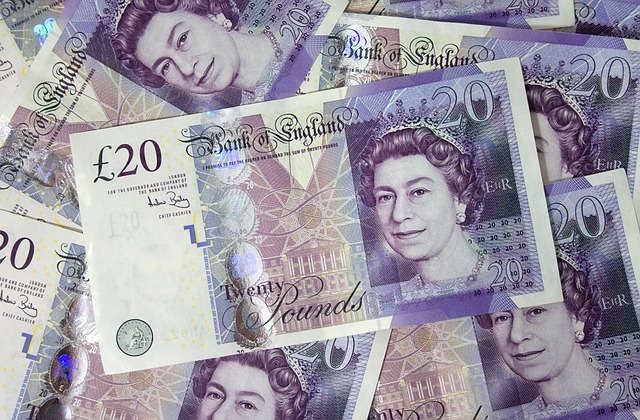According to official data, government borrowing was higher than expected in July, with the increase being driven by the rising cost of public services and benefits.
The Office for National Statistics (ONS) reported that borrowing, which reflects the gap between government spending and tax revenue, reached £3.1 billion last month, marking the highest July borrowing since 2021.
This unexpected increase has fueled speculation among analysts about the tax and spending measures that might be included in the chancellor’s upcoming autumn Budget. One economist suggested that Rachel Reeves faces “difficult decisions,” while another predicted that tax hikes are likely.
The chancellor has previously indicated that some taxes will need to rise but has repeatedly stated that VAT, national insurance, and income tax would remain unchanged.
Jessica Barnaby, the ONS’s deputy director for public sector finances, noted that income tax receipts had risen “strongly,” and debt interest payments had decreased in July. However, these gains were outweighed by increased spending on public services and inflation-linked benefits, which drove borrowing higher.
Although overall tax revenues increased by £2.1 billion in July, compulsory social contributions dropped by £1.1 billion, largely due to the previous Conservative government’s reductions in National Insurance rates.
The rise in government borrowing was £1.1 billion higher than most economists had predicted. Borrowing is typically lower in July because the government collects a significant portion of self-assessed income taxes by this point in the year. However, this year’s borrowing in July was £1.8 billion higher than in 2023.
The decisions the chancellor makes will determine how public funds are allocated to essential services like hospitals, schools, and the police. Ms Reeves will also consider the government’s self-imposed fiscal rules, which are intended to maintain credibility with financial markets—a practice common among governments in wealthy nations.
A political dispute between Labour and the Conservatives has emerged over the state of the public finances. Ms Reeves has previously argued that tax increases are necessary to address a £22 billion “hole” in public finances, which she attributes to the previous Conservative government. The Conservatives, however, have denied this claim and accused Labour of misleading the public about potential tax increases.




